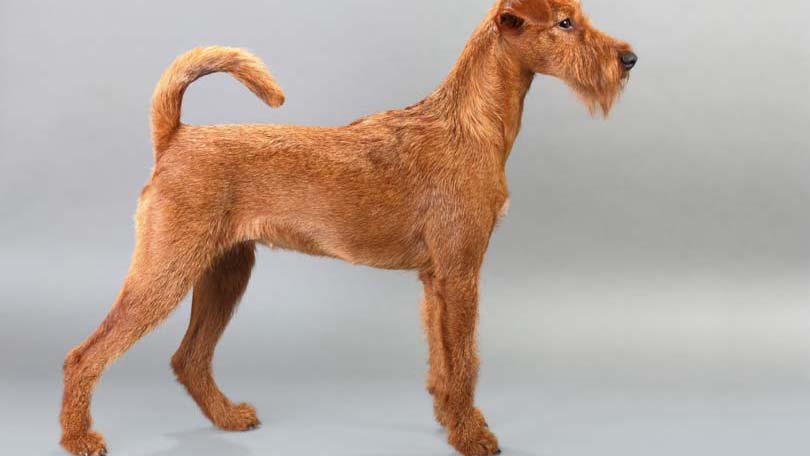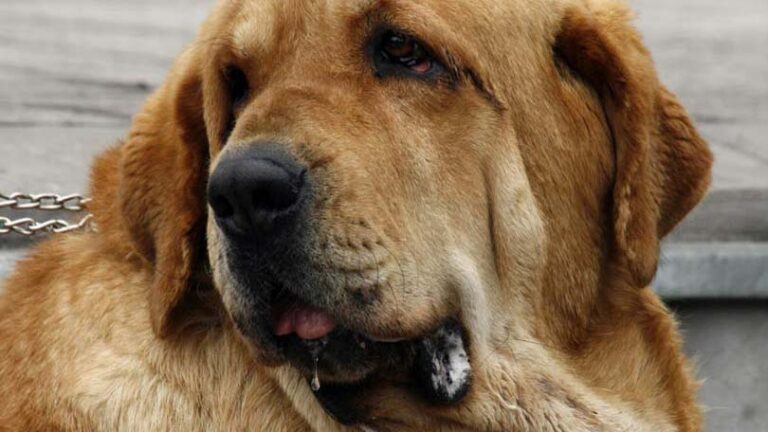Dog Breed Organizations
When searching for a dog you often see breeders referring to registries and other dog breed organizations. They may only use the initials of registries or they may mention registries that you’ve never heard of. Here’s a brief overview of some of the more popular registries in the United States.
AKC — The American Kennel Club is the major dog registry in the United States. They register around one million puppies per year from AKC-registered parents. The AKC does not have individual members. Breeders and owners cannot belong to the AKC. Instead, the AKC has AKC-member clubs. When buying a puppy or dog from a breeder you can ask if they belong to an AKC-member club. The AKC is the only registry that has a full-time compliance department. They conduct about 5,600 kennel inspections per year. Breeders who register their dogs with the AKC must allow the AKC to inspect their breeding records and their facilities or they risk having their registrations revoked and receiving fines. They can even be barred from registering any future dogs with the AKC. The AKC also uses DNA to verify the parentage of litters and requires that large-volume breeders microchip every puppy for identification purposes.
The AKC offers approximately 15,000 dog events each year for AKC registered dogs. About half of those events are dog shows. The remainder are obedience, agility, rally, herding, field trial and other dog sports. Starting in 2010, mixed breed dogs will be able to compete in AKC companion dog events — obedience, agility, rally — at events of their own.
The AKC was founded in 1884 with nine breeds. They currently recognize 161 breeds in the U.S. Breeds are recognized as they develop a stud book and can assure the AKC that there is enough interest in the breed from breeders and the public across the country that the breed won’t die out.
UKC — The UKC is the United Kennel Club. The UKC was founded in 1898 and prides itself on being the largest all-breed performance-dog registry in the world. They hold some 13,000 licensed events annually and state that 60 percent of those events are tests of hunting ability, training and instinct.
The UKC has a “Total Dog” philosophy: they encourage owners to do many things with their dogs. They emphasize both looks and working ability. Events with the UKC include: Obedience Trials, Agility Trials, Weight Pull Events, Terrier Races, Dock Jumping Events, Total Junior Program, Dog Sports (including Family Obedience), Coonhound Field Trials, Water Races, Nite Hunts and Bench Shows, Hunt Tests for retrieving breeds, Pointing Dog Events, Beagle Events (including Hunts and Bench Shows, and Cur and Feist Squirrel and Coon Events and Bench Shows.
The UKC likes to promote a friendly, family atmosphere at events. They are often the registry of choice for working dog breeders and owners and for people with hounds.
The term “CKC” can be confusing. It can mean one of two things.
CKC — Continental Kennel Club — The Continental Kennel Club is a dog breed registry formed in the 1990s as an alternative to the AKC and UKC. They recognize many breeds not recognized by these other registries. They offer pedigree services and some companion and performance events, such as agility, obedience, bird dog events, weight pulling, and tracking.
You can register puppies with the Continental Kennel Club if they have Continental Kennel Club-registered parents. You can also register puppies and dogs with the Continental Kennel Club if you send in statements from witnesses saying that your puppy/dog is a purebred, along with photos of your puppy/dog.
The “other” CKC — the Canadian Kennel Club — The Canadian Kennel Club is the Canadian equivalent of the AKC. The Canadian Kennel Club registers puppies and litters in much the same way as the AKC with a couple of exceptions. In Canada breeders are required to be individual members of the Canadian Kennel Club. They are required to provide each puppy with permanent identification before he leaves their premises, whether it’s a tattoo or a microchip. When a breeder registers a litter each puppy in the litter is registered at the same time so the Canadian Kennel Club has a much more accurate count of how many puppies are being bred.
In other ways the Canadian Kennel Club functions just like the AKC. They offer dog shows where dogs can make up points to become champions. They offer agility, obedience and performance dog events. They are involved in the care and legislation concerning dogs in their country.
Many Americans purchase dogs from Canada each year, and vice versa. It’s not difficult to register your dog with the Canadian Kennel Club or to transfer CKC papers to the AKC (or other registries).Registries are usually happy to provide reciprocal registration (for a fee) as long as the dog is purebred , with a pedigree, and is already registered ini the country of birth.
ARBA — The American Rare Breed Association is an association and not a registry, but you will frequently see if advertised. ARBA is the largest association of rare breed organizations in the United States. They seek to educate the general public about rare breed dogs. They have registration for rare breeds, they offer shows. They promote breeds that are recognized by the Federation Cynologique Internationale and which are not yet recognized by the AKC.
The ARBA has dog breeds in the following groups: Companion, Herding, Spitz, Hound, Terrier, Sporting , and Working . In addition to shows they also offer seminars and other events to promote rare breeds.
FDSB — The Field Dog Stud Book is the oldest dog registry in the United States. They were founded in 1874, along with American Field, their sporting journal. The FDSB registers mainly sporting dogs used for hunting and field sports. The FDSB offers field trials and other events for sporting dogs.
NAVHDA — The North American Versatile Hunting Dog Association is devoted to versatile hunting dogs — dogs that are able to work different kinds of game and work under different conditions.The organization works for game conservation, prevention of cruelty to animals, and helps the gun dog hunter by helping the hunter to train his dog to work before and after the shot, on land and in water.
NAVHDA offers different hunting tests at different skill levels for 27 sporting breeds of European descent.
FCI — The Federation Cynologique Internationale is the governing body for dog activities in many areas of the world. They recognize over 400 breeds of dogs. They register no dogs themselves and keep no stud books. However, they maintain the rules and regulations that guide the kennel clubs in numerous countries. The FCI is highly respected. There are no FCI shows in the United States due to the fact that the AKC fills the role that the FCI fills in other countries.
APRI — The American Pet Registry, Inc., is a registry devoted to the preservation and promotion of pet ownership and the professional pet industry. APRI is another registry that started up in the 1990s. They register both dogs and cats. Their mission statement says that they promote the humane care of animals, the preservation of bloodlines and the individual rights of pet ownership. They focus not just on pet owners but also on breeders, distributors, veterinarians, retailers and pet product manufacturers. APRI is also offering dog shows for APRI registered dogs.
There are around 20 other dog registries in the United States. Some of them are more reputable than others. You should know that dog registries are only as good as the information given to them by the breeders. If a breeder falsifies a pedigree or reports inaccurate information, then the information the registry has will be inaccurate. The only way to verify parentage is through DNA testing. Otherwise, you have to trust the breeder and use a registry that you trust. No matter how much you want a puppy or a dog you should always keep in mind the old adage, “Buyer beware.” You may be purchasing a dog but in many ways it’s just like purchasing anything else. You should always investigate what you’re told, ask about guarantees, and verify.

Having discovered a fondness for insects while pursuing her degree in Biology, Randi Jones was quite bugged to know that people usually dismissed these little creatures as “creepy-crawlies”.







